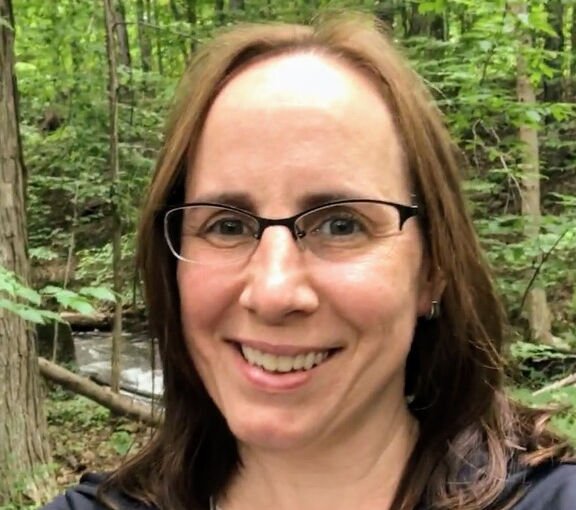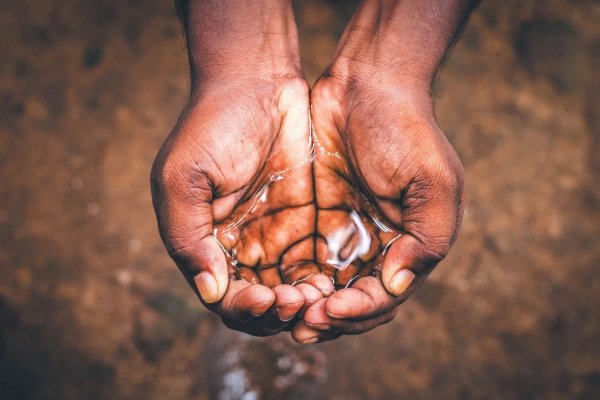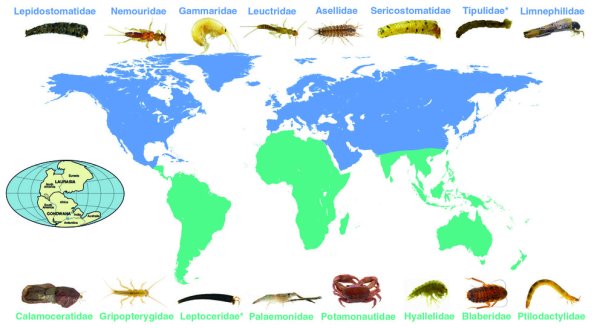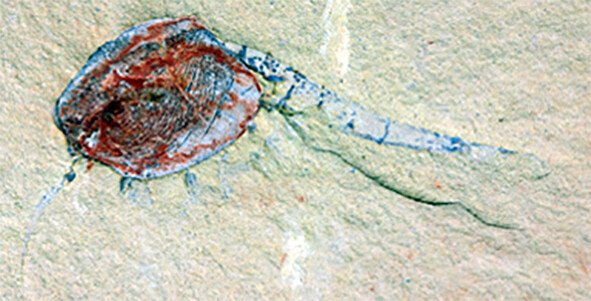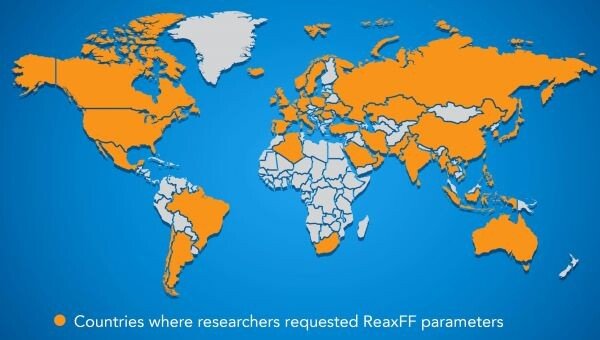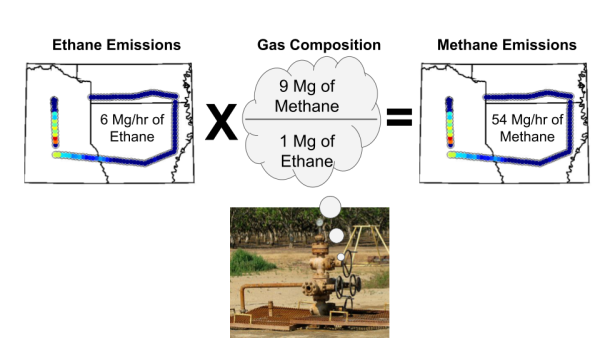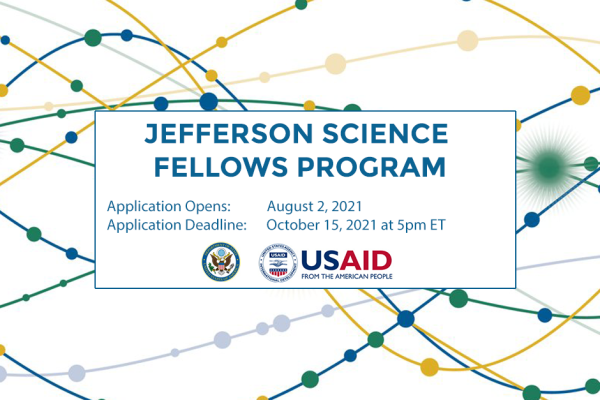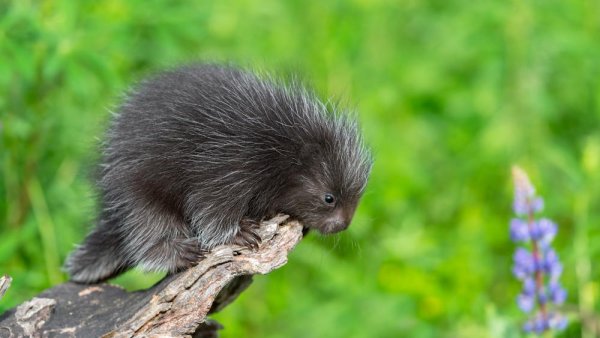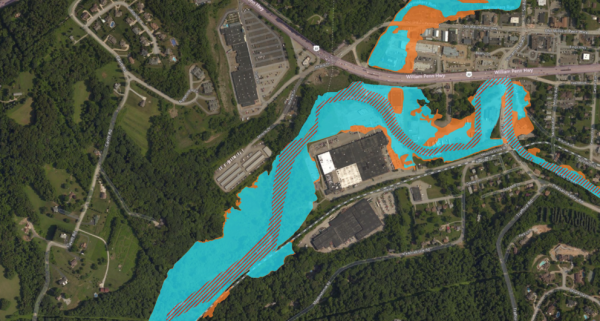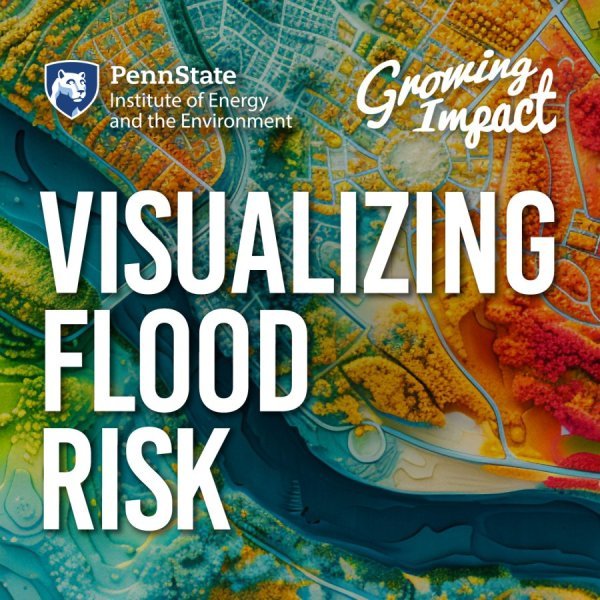Water resources professor receives 2021 Black Award for excellence in research
| news.psu.edu
Elizabeth Boyer, professor of water resources in Penn State’s College of Agricultural Sciences, is the 2021 recipient of the Alex and Jessie C. Black Award for excellence in research.
GCSE 2022 Call for Session Proposals
IEE will cover registration costs for those that chair sessions or present in sessions or posters. Please email iee@psu.edu to request this.
Human evolution led to an extreme thirst for water
| scientificamerican.com
We are more dependent on water than many other mammals and have developed a host of clever strategies for obtaining it.
Loss of biodiversity in streams threatens vital biological process
| news.psu.edu
The fast-moving decline and extinction of many species of detritivores — organisms that break down and remove dead plant and animal matter — may have dire consequences, an international team of scientists suggests in a new study.
Paleonursery offers rare, detailed glimpse at life 518 million years ago
| news.psu.edu
A newly discovered fossil deposit near Kunming, China, may hold the keys to understanding how organisms that lived in the oceans 500 million years ago laid the foundations for life on land and at sea today.
Researchers worldwide find great value in ReaxFF reactive force field
| news.psu.edu
More than 1,600 researchers in six of the world’s seven continents have requested parameters for a ReaxFF reactive force field developed by a Penn State researcher and used as a valuable research tool in fields as varied as biomaterials, polymers, batteries and 3D printing.
Ethane proxies for methane in oil and gas emissions
| news.psu.edu
Measuring ethane in the atmosphere shows that the amounts of methane going into the atmosphere from oil and gas wells and contributing to greenhouse warming is higher than suggested by the U.S. Environmental Protection Agency, according to an international team of scientists who spent three years flying over three areas of the U.S. during all four seasons.
Jefferson Science Fellows Program
| sites.nationalacademies.org
Tenured academic scientists and engineers from U.S. institutions of higher learning are eligible for selection to be Jefferson Science Fellows. Each Fellow spends one year at the U.S. Department of State or the U.S. Agency for International Development (USAID) for an onsite assignment in Washington, DC.
Interdisciplinary projects awarded seed grants from IEE
| news.psu.edu
The Institutes of Energy and the Environment (IEE) has awarded seed grants to 22 groups of interdisciplinary researchers for the 2020-21 award cycle. This year, seed grants were awarded to proposals focusing on at least one of IEE’s five strategic research themes — Climate and Ecosystem Change, Health and the Environment, Integrated Energy Systems, Urban Systems, and Water and Biogeochemical Cycles.
Searle Scholars Program
| psu.wd1.myworkdayjobs.com
The Searle Scholars Program gives grants to support independent research in medicine, chemistry, and the biological sciences for exceptional early-career scientists who have recently begun their appointment at the assistant professor level, and whose appointment is their first tenure-track position. The Searle Scholars Program Scientific Advisory Board is primarily interested in the potential of applicants to make innovative and high-impact contributions to research over an extended period of time. Internal Submission Deadline: Wednesday, July 28, 2021, at 4:00 pm
Biodiversity seed grants support innovative collaborations across Penn State
| psu.edu
Seven Penn State faculty teams have received seed grants for biodiversity research as part of the 2021 “Mainstreaming Biodiversity in a Decade of Action” symposium, developed by Christina Grozinger, Publius Vergilius Maro Professor of Entomology and director of the Center for Pollinator Research, in collaboration with Penn State’s Sustainability Institute.
New flooding risk tool developed for the state of Pennsylvania
| news.psu.edu
A new flood risk tool for the state of Pennsylvania that allows users to see their flood risk status using the latest flood mapping data from FEMA was developed by Penn State and its partners.

